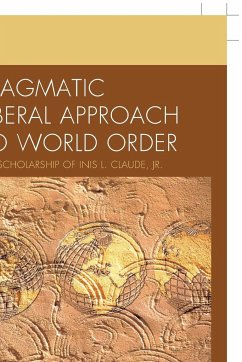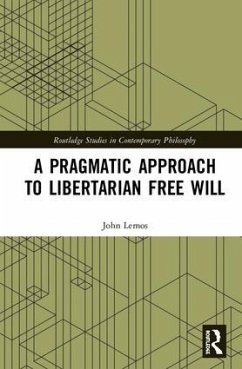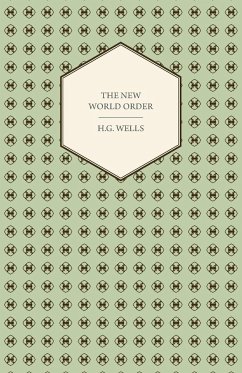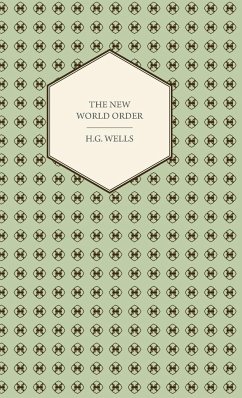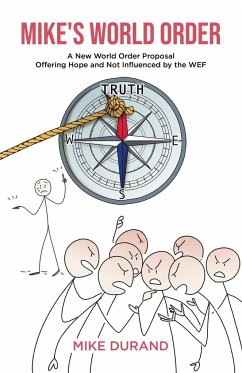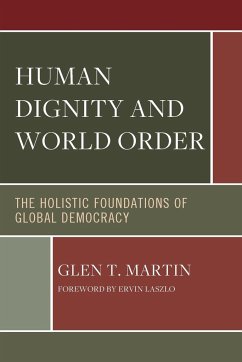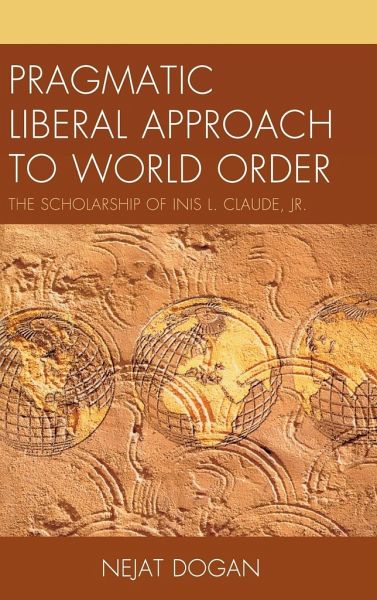
Pragmatic Liberal Approach To World Order
The Scholarship of Inis L. Claude, Jr.
Versandkostenfrei!
Versandfertig in 1-2 Wochen
105,99 €
inkl. MwSt.
Weitere Ausgaben:

PAYBACK Punkte
53 °P sammeln!
This book explores the writings of Inis L. Claude, Jr., a preeminent scholar on international relations, to define a new approach to the study of international relations. Pragmatic liberalism, an "in-between" approach, argues that a liberal world order can be sustained and promoted by the pragmatic application of liberal principles.




